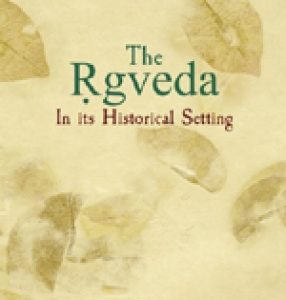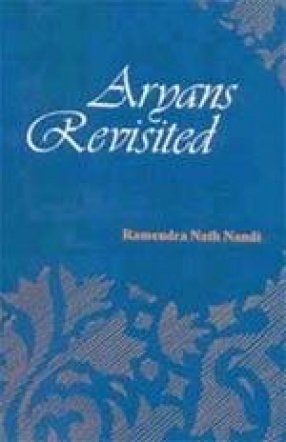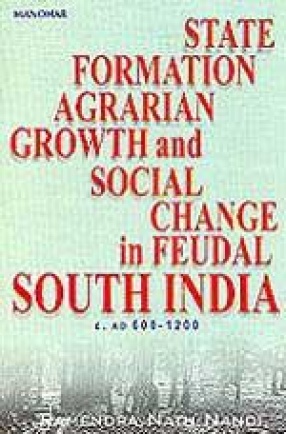
Showing all 3 books

The text-archaeology correlation in respect of the Harappan Civilization shows that the Harappans and the people of the Rgveda were part of the same multi-ethnic, multilingual, multicultural geographical and chronological space; that a prolonged phase of geo-climatic devastations ravaging the Vedic Harappan subcontinent triggered an Ideology of nature worship in which prayers could be recited only in the Vedic dialect which, in-turn, put the Vedic-speaking ...

This book on Rgvedic history underlines the need for considerable fresh thinking in Vedic research, rigorous stratification of texual materials, new methodology and discarding notional ideas derived from a selctive view of the data.The idea that the family books of the Rgveda constitute the earliest and homogeneous part of the text and that these represent the exclusive record of pastoral nomads is found to be too simplistic to meet the challenge of divergent and ...

A feudal phase in early India’s social development is a historical reality. But the social, political or economic institutions which characterized a feudal system may not have surfaced in every part of the country. This necessitates a shift in emphasis from a simplistic pan-Indian model to intensive regional studies. For this purpose the present work refers to certain contiguous areas of Andhra Pradesh and Karnataka which furnish quantifiable data on feudal ...
